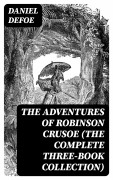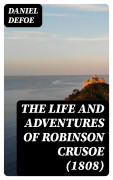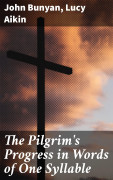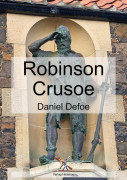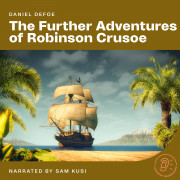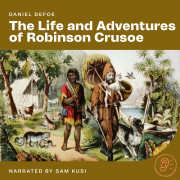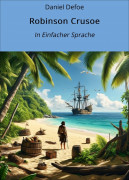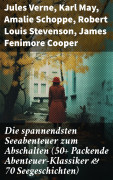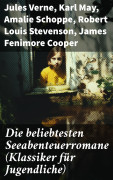Daniel Defoe, Lucy Aikin: Robinson Crusoe — in Words of One Syllable
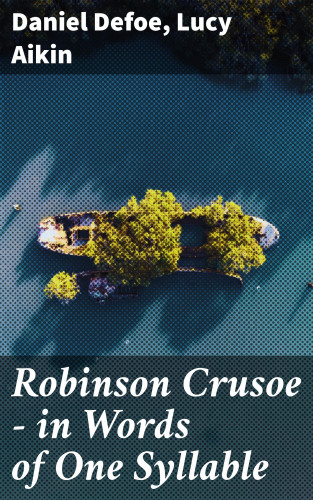
| Produkttyp: | eBook-Download |
|---|---|
| Verlag: | Good Press |
| Erschienen: | |
| Sprache: | Englisch |
| Seiten: | 138 (Druckfassung) |
| Format: | EPUB
Info▼
|
| Download: | 673 kB |
Robinson Crusoe in Words of One Syllable is a fascinating anthology that ingeniously adapts Daniel Defoes classic narrative into a series of condensed, single-syllable retellings. This unique literary endeavor not only highlights the adaptability and enduring appeal of Defoes tale but also showcases the inventive narrative techniques employed to maintain the essence of the original story while making it accessible to a broader audience. The collection is emblematic of the richness that can be found in linguistic simplicity, offering readers both a challenge and a delight in its unorthodox approach to storytelling. By transforming a complex narrative into its most basic linguistic form, the anthology opens up new venues for literary analysis and appreciation, making it a standout piece in the field of experimental literature. The backgrounds of Daniel Defoe and Lucy Aikin add a layer of depth to this collection. Defoes establishment as a foundational figure in English literature, combined with Aikins reputable skill in adaptations and educational writing, create a powerful synergy. This anthology aligns with movements toward making canonical texts more accessible and digestible, while preserving their thematic and narrative integrity. Together, their work bridges historical narratives with modern linguistic experimentation, enriching the readers understanding of storytelling's evolution. Robinson Crusoe in Words of One Syllable is recommended for readers intrigued by the intersection of literary innovation and classical storytelling. Through this anthology, readers are invited to explore the multifaceted ways in which a story can be told and understood, making it an invaluable addition to any collection. Beyond its educational value, the anthology stimulates an appreciation for the intricacies of language and encourages a deeper engagement with literary classics. It is a must-read for those interested in the dynamics of literature adaptation and the expansive possibilities of narrative expression.


